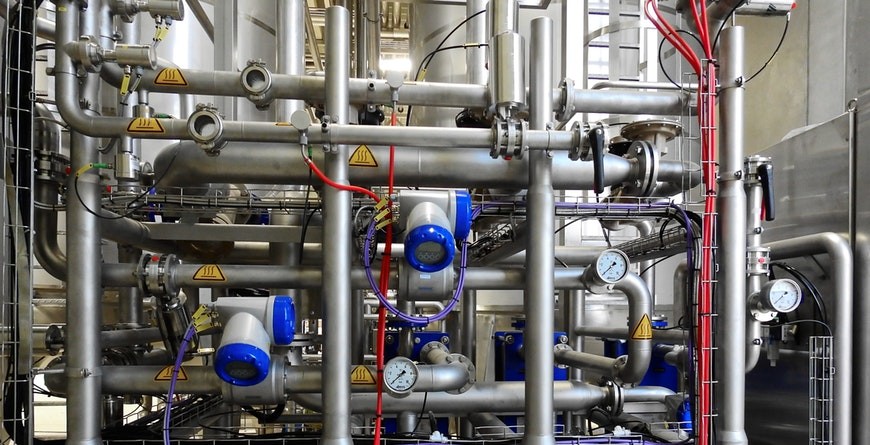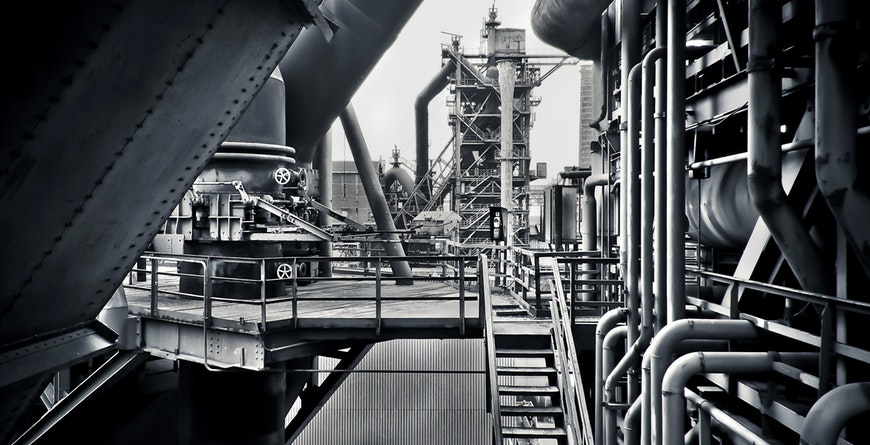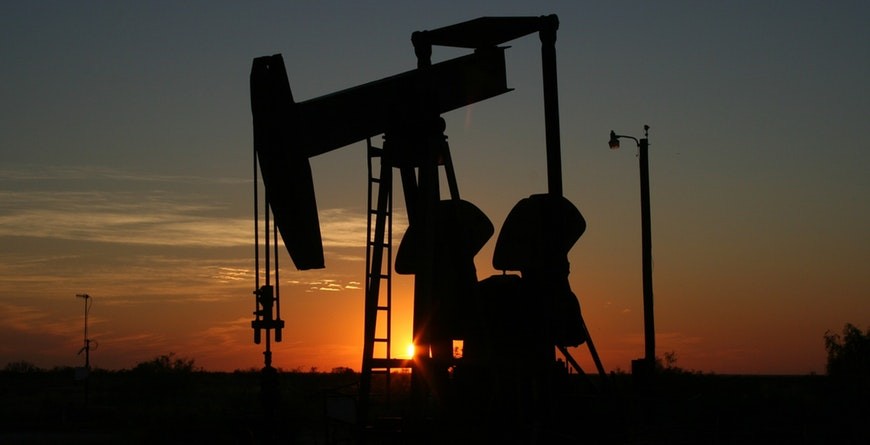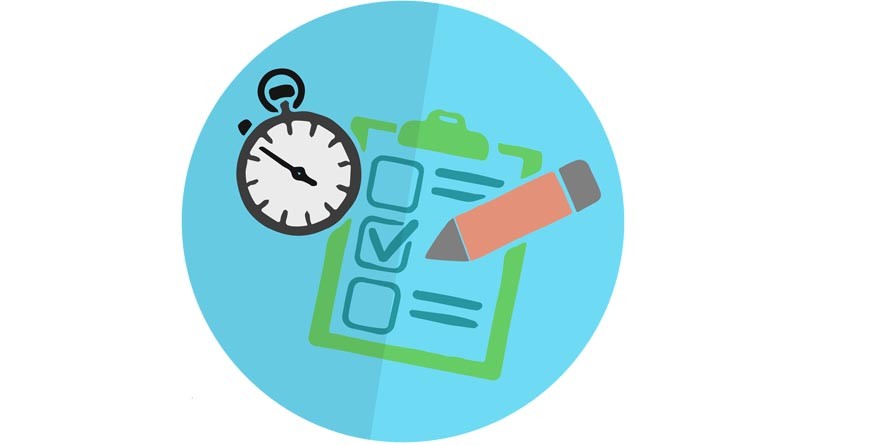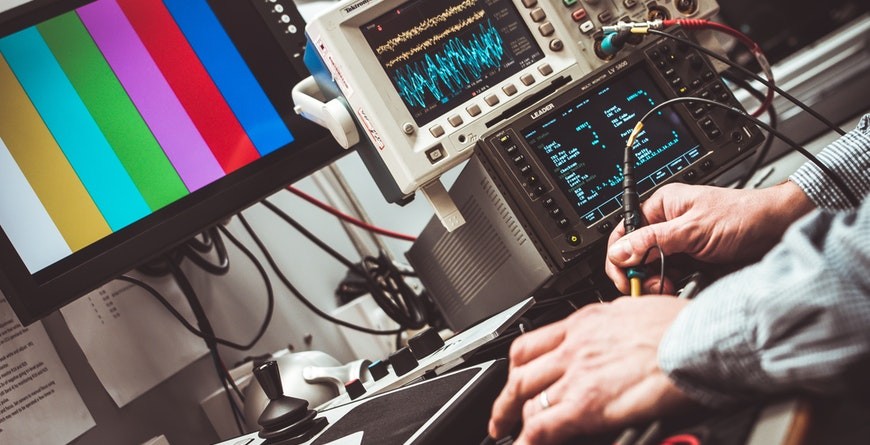We live in a world where traveling is the trend. Have you ever wondered how the traffic is controlled so efficiently that makes traveling fun? Who controls the traffic? Count the various household chores to be done. If all these …
The major projects are based on the competitive analysis, execution planning and definition performed during the FEED stage. The FEED is the most critical stage where it will influence the design at an almost low cost. The approach is that …
A P&ID (piping and instrumentation diagram), depicts the piping and other components of a process flow. P&ID commonly used in the automation and control system engineering field. It is used for modification and maintenance of the process flow that can …
After completion of the refining of petroleum crude oil and of raw natural gas last part of the downstream process is storage of petroleum products, for that ambient pressure, temperature and level should be maintained. As like the midstream processes, …
SCADA (supervisory control and data acquisition) simplify complex processes in oil and gas industries. Geographically dispersed industries like oil and gas pipelines, water distribution and wastewater collection systems, electrical power grids, and railway transportation systems can rely on SCADA to …
ISA’s Certified Control Systems Technician® (CCST®) Program provides a non-biased, third-party, objective assessment and confirmation of a technician’s skills. CCSTs are skilled in pneumatic, mechanical, and electronic instrumentation. They understand process control loops and process control systems, including computer-based systems. …
According to the U.S. Bureau of Labor Statistics (BLS), the following qualities are required for automation engineers: A firm understanding of software development and computer programming Equipment troubleshooting skills The ability to perform complex system tests Creative thinking and detail …
The Principles and Practice of Engineering (PE) exam will test your ability to practice in a particular engineering discipline competently. It is designed for engineers who have gained at minimum four years’ post-college work experience in their chosen engineering discipline. …
Control System engineers develop skills in specific control disciplines such as: advanced process control (APC); distributed control systems (DCS); programmable logic controllers (PLC); supervisory control and data acquisition (SCADA). The use of these disciplines will depend on the exact nature …
The automation of control processes has been around for a long time and has evolved from the early days of manual controls through switches and relays to today’s sophisticated control systems. The evolution of these systems has focused on gaining …

